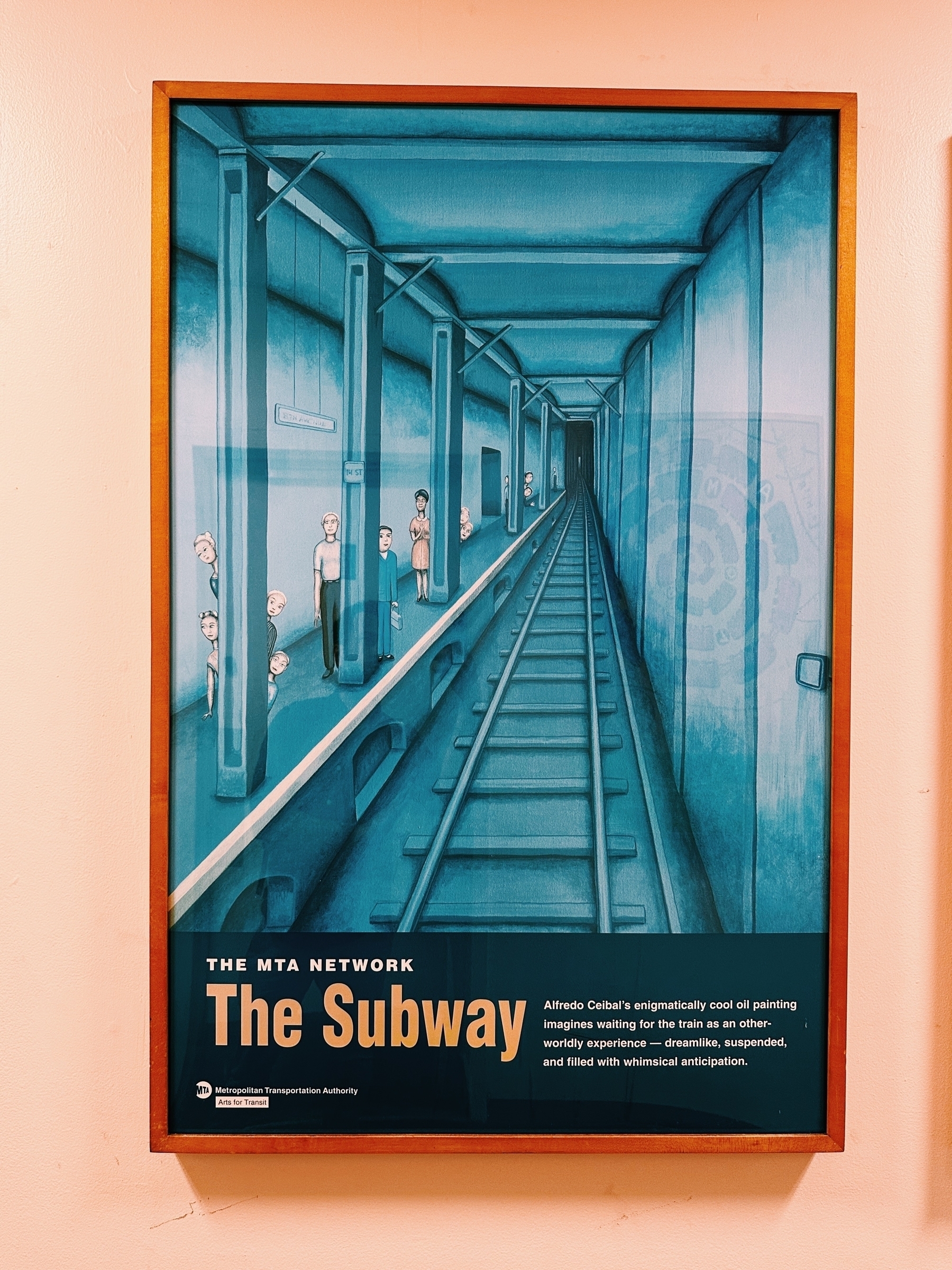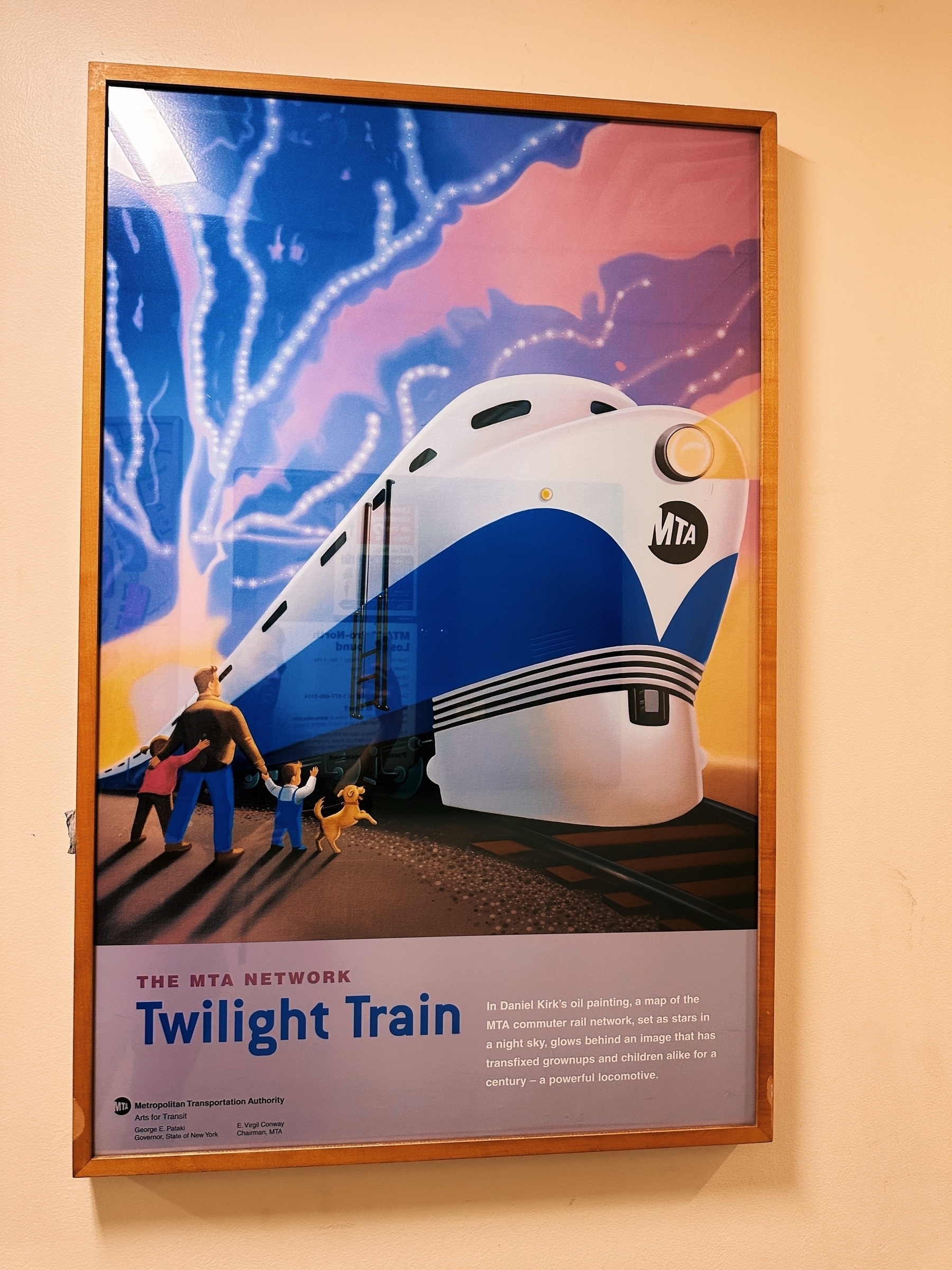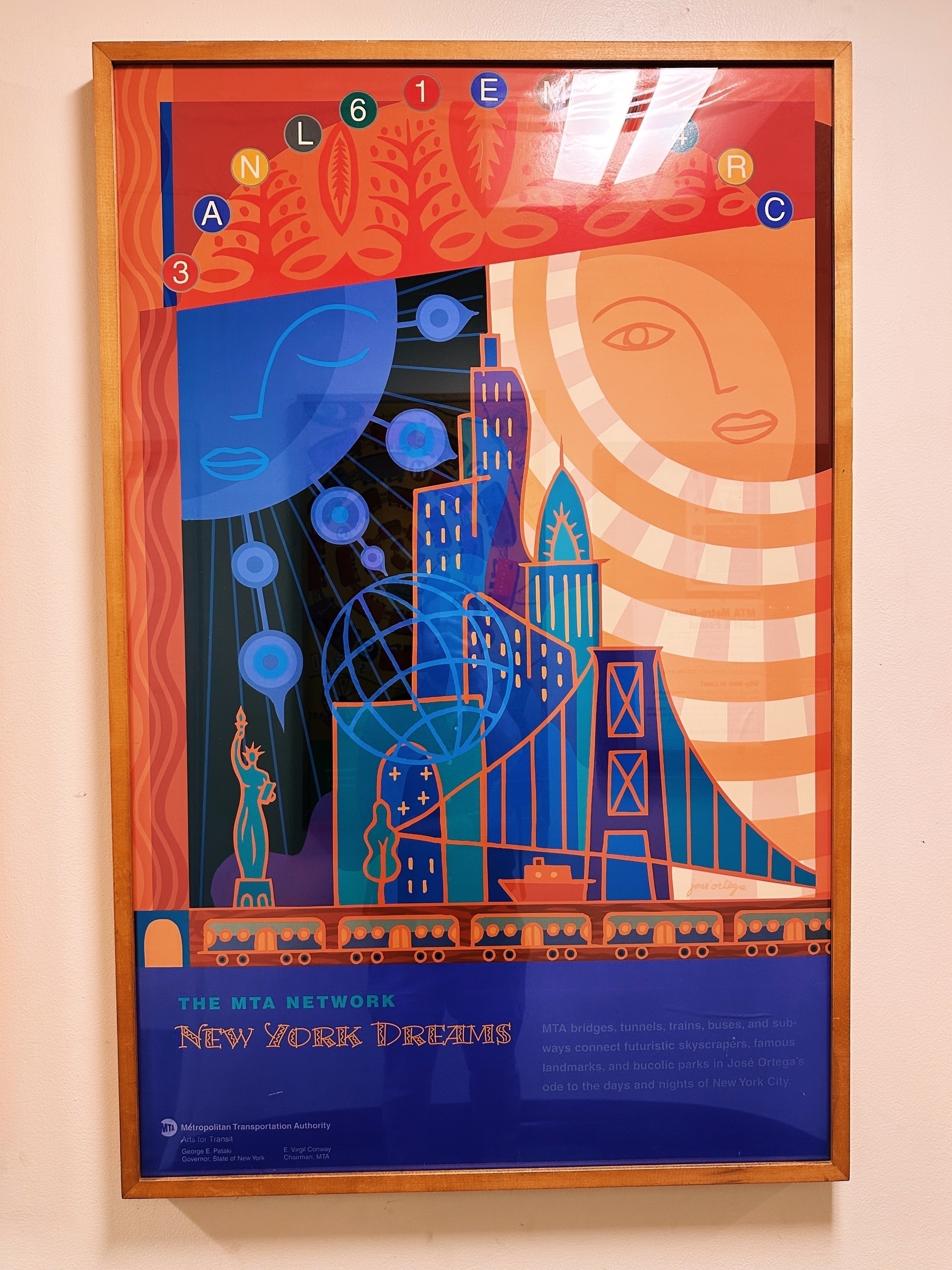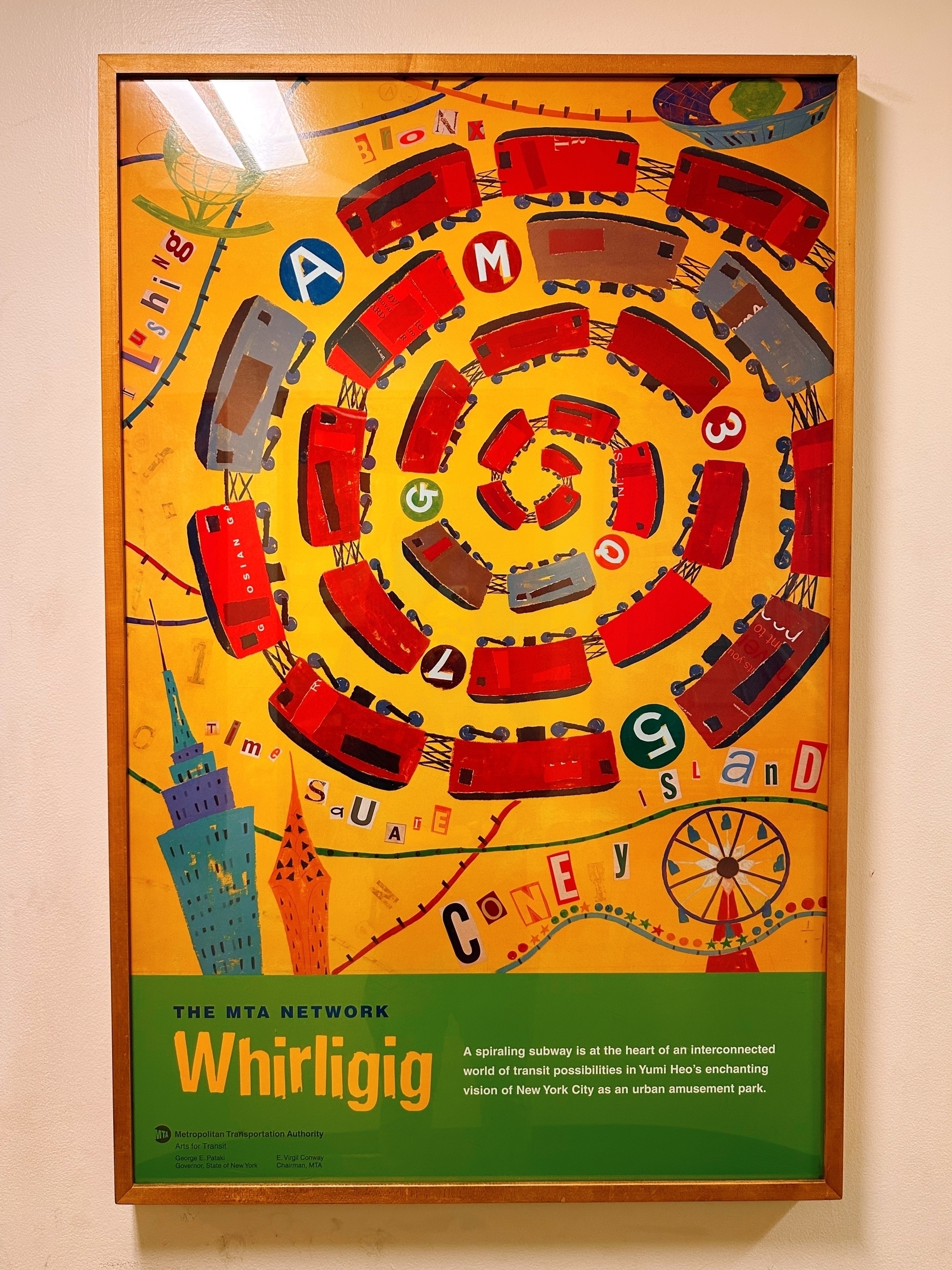-
· music
Inspired this weekend by Kygo’s latest album release, filmed on a mile-high rock outcropping in Norway, featuring a full-size Steinway piano, orchestra, and pyrotechnics.
My favorite moments / timestamps: 4:30, 16:40, 18:30, 35:50, 56:40




-
Perhaps the most important insight NASA has gleaned from studying team dynamics—in space and on Earth—is the preciousness of one trait in particular: a sense of humour. Studies of crews overwintering at the South Pole show that a confined group needs people to fulfil various roles, including leader, storyteller and social secretary. But the most important task by far is that of the clown, a person who is funny and also wise enough to understand each member of the group and defuse tensions.
-
· photos

-
As a birthday present, I purchased and migrated to a new personal domain name. To mark the occasion, I put together a gallery from archive.org of my personal site throughout the years, from zacharyhamed.com to zhamed.com to zmh.org.










Today


I’m particularly excited to be moving to a
.orgdomain. When I thought about it more deeply, I realized many of the sites I admire on the internet are .org’s. A few favorites:- kk.org
- sivers.org
- jcs.org
- tbray.org
- feross.org
- andymatuschak.org
- jwz.org/blog
- moxie.org
- archive.org
- wikipedia.org
- wordpress.org
- harpers.org
- gnu.org
- eff.org
- mozilla.org
- kouzou.org
- undeadly.org
- themarginalian.org (formerly brainpickings.org)
- mathbabe.org
- brandur.org
- dtrace.org
- rootsofprogress.org
- cheapskatesguide.org
- computerhistory.org
And I’m sure many more I’m forgetting.
-
History is not true. You can change history. The actual factual events are such a small part of the story. Everything else is interpretation. It’s never too late to change a story.
The past is not true by Derek Sivers
-
From time to time in the years to come, I hope you will be treated unfairly, so that you will come to know the value of justice. I hope that you will suffer betrayal because that will teach you the importance of loyalty. Sorry to say, but I hope you will be lonely from time to time so that you don’t take friends for granted. I wish you bad luck, again, from time to time so that you will be conscious of the role of chance in life and understand that your success is not completely deserved and that the failure of others is not completely deserved either. And when you lose, as you will from time to time, I hope every now and then, your opponent will gloat over your failure. It is a way for you to understand the importance of sportsmanship. I hope you’ll be ignored so you know the importance of listening to others, and I hope you will have just enough pain to learn compassion. Whether I wish these things or not, they’re going to happen. And whether you benefit from them or not will depend upon your ability to see the message in your misfortunes.
The last bit of advice I’ll give you is very simple, but I think it could make a big difference in your life. Once a week, you should write a note to someone. Not an email. A note on a piece of paper. It will take you exactly 10 minutes. Talk to an adult, let them tell you what a stamp is. You can put the stamp on the envelope. Again, 10 minutes, once a week. I will help you, right now. I will dictate to you the first note you should write. It will say, ‘Dear [fill in the name of a teacher at Cardigan Mountain School].’ Say: ‘I have started at this new school. We are reading [blank] in English. Football or soccer practice is hard, but I’m enjoying it. Thank you for teaching me.’ Put it in an envelope, put a stamp on it and send it. It will mean a great deal to people who — for reasons most of us cannot contemplate — have dedicated themselves to teaching middle school boys. As I said, that will take you exactly 10 minutes a week. By the end of the school year, you will have sent notes to 40 people. Forty people will feel a little more special because you did, and they will think you are very special because of what you did. No one else is going to carry that dividend during your time at school.
John Roberts’ Unconventional Speech to His Son’s Graduating Class
-
Mike Krieger: I’ll share a funny anecdote about the Explore experiment. Facebook has all these internal A/B testing tooling and we hooked into it and we ran our first machine learning on the Explore experiment and we filed a bug report and I’m like, “Hey, your tool isn’t working, that’s not reporting results here.” And they said, “No, the results are just so strong that they’re literally off the charts. The little bars that show it literally is over 200%, you just should ship this yesterday.” The data looked really good.
-
· photos
📷 Bad news: I accidentally left my bag on a train at Grand Central Station today.
Good news: While waiting at the Lost & Found, I got to enjoy these art deco-style MTA posters from George Pataki’s time as governor. (And shortly thereafter, got my bag back.)




-
Hit a 400 day streak learning French on Duolingo today! Started as a New Years Resolution in 2022 and became a nice daily1 ritual that feels productive. I wish the exercises were a little more conversational, but still highly recommend.

- (ish — you get to take some days off and maintain the streak) ↩︎





